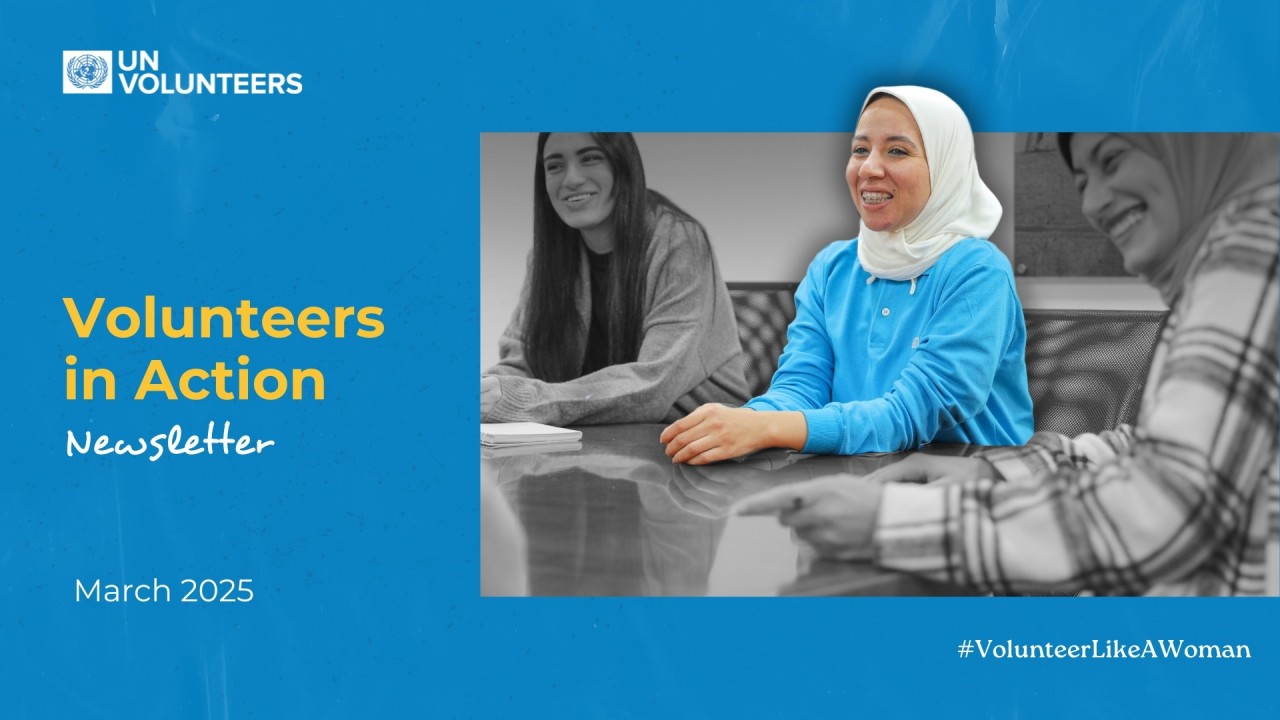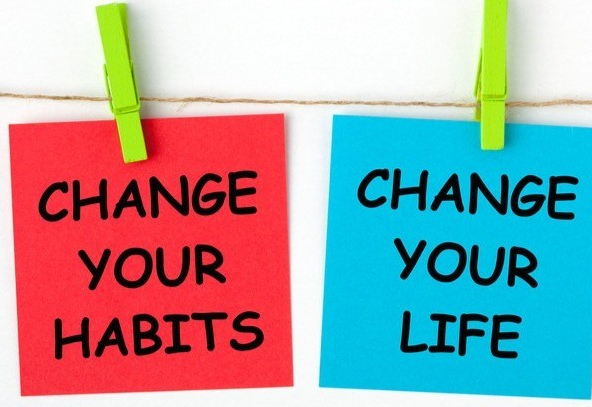
United Nations Volunteers
3,032,084 followers
March 27, 2025
Volunteering plays a crucial role in supporting communities and advancing social and economic development worldwide. In recent years, women have increasingly taken up volunteer roles, reflecting evolving gender dynamics. In 2019, UN Volunteers achieved gender parity for the first time, with 51% of its volunteers being women. Fast forward to 2025, and women now make up 57% of UN Volunteers, highlighting their growing presence and contribution to global volunteer efforts.
The 2024 study Volunteering, Unpaid Care Work and Gender in Lower-Income Countries, co-created by United Nations Volunteers and the International Labour Organization, explores the intersection of unpaid care work and volunteering, with a focus on gender dynamics in lower-income settings. Here’s what you need to know:
1. The Gendered Nature of Volunteering and Care Work
Both voluntary and unpaid care work are essential to the well-being of societies, as they support individuals and communities in everyday life. However, they are not exactly the same. Volunteering often happens through organizations and extends beyond family duties, while unpaid care work is done within one’s household and isn’t classified as volunteering.
These forms of work are deeply gendered, with women disproportionately taking on caregiving roles both in and outside their homes. Care work—both paid and unpaid—is predominantly performed by women, and this trend extends to volunteering. Women are more likely to engage in roles involving caregiving and community support. For example, in Bangladesh, women volunteers dedicate 80.4% of their volunteering time to care-related activities, compared to 40.6% of male volunteers’ time. These patterns are shaped by societal expectations and the way volunteer programs recruit and assign roles.
In many lower-income countries, research on unpaid care work and volunteering remains limited. However, women in these regions bear a greater burden of unpaid care responsibilities, while men participate in volunteering at higher rates.

2. The Landscape of Care and Volunteering is evolving
The nature of volunteer and care work is shifting due to technological advancements, climate change, and demographic transformations. However, challenges persist, including the risk of undervaluing volunteer and unpaid care work despite its critical contributions. Informal (or direct) volunteering, which occurs outside formal organizations, often lacks the benefits associated with structured volunteer programs, such as skills training, stipends, and certifications.
Some forms of volunteer work are more closely tied to career advancement (“getting on”), while others serve as a means of social support (“getting by”). In Bangladesh, for instance, women volunteers are more likely to engage in informal, care-oriented volunteering, whereas male volunteers participate in organization-based volunteering that enhances career prospects. These gendered patterns reflect broader divisions in the labor market and impact how volunteer work is recognized and valued.
3. Why Volunteers Give Their Time: Motivations and Challenges
People engage in volunteer work for a variety of reasons, including a desire to contribute to their communities, personal identity, skills development, and improving employment prospects.
Some volunteers receive stipends that provide financial support, while others see volunteering as a pathway to career advancement. Despite its importance, unpaid care work—especially within one’s household—is rarely recognized as a stepping stone to economic empowerment, limiting opportunities for those engaged in such roles.
4. It’s Time to Value Volunteer Care Work
Unpaid care work and volunteering are integral to the well-being of societies, yet they remain undervalued and underrecognized, particularly when performed by women. As the landscape of volunteering continues to evolve, greater attention must be paid to the gendered dimensions of volunteer work and the policies needed to ensure fair recognition and support. By acknowledging and addressing these disparities, we can create a more inclusive and equitable framework for volunteerism, benefiting individuals, communities, and economies alike.
While progress has been made in measuring unpaid household care work, volunteer care work outside the home remains underrepresented in official statistics. It is crucial to focus on improving the conditions under which unpaid care and volunteer work are performed. Ensuring that volunteers have the necessary resources, recognition, and support will help enhance their contributions and promote gender equality in volunteer opportunities. Additionally, policies that acknowledge the value of volunteer care work can help address disparities in employment and income opportunities for men and women, ultimately fostering a more equitable society.

To truly appreciate the impact of women in volunteering, explore the inspiring stories of UN Women Volunteers: Spotlight Stories on International Women’s Day
This is more than just a newsletter, it’s your inside look into what it’s like to volunteer in the United Nations system. We celebrate the impactful work of UN Volunteers, featuring real-life examples from around the world, inspiring stories, key updates, and career tips.
🤔 What would you like to read in the next newsletter? Add your suggestions in the comments below.
If you enjoyed this read, subscribe to receive the upcoming editions right in your mailbox 📧!Report this article



